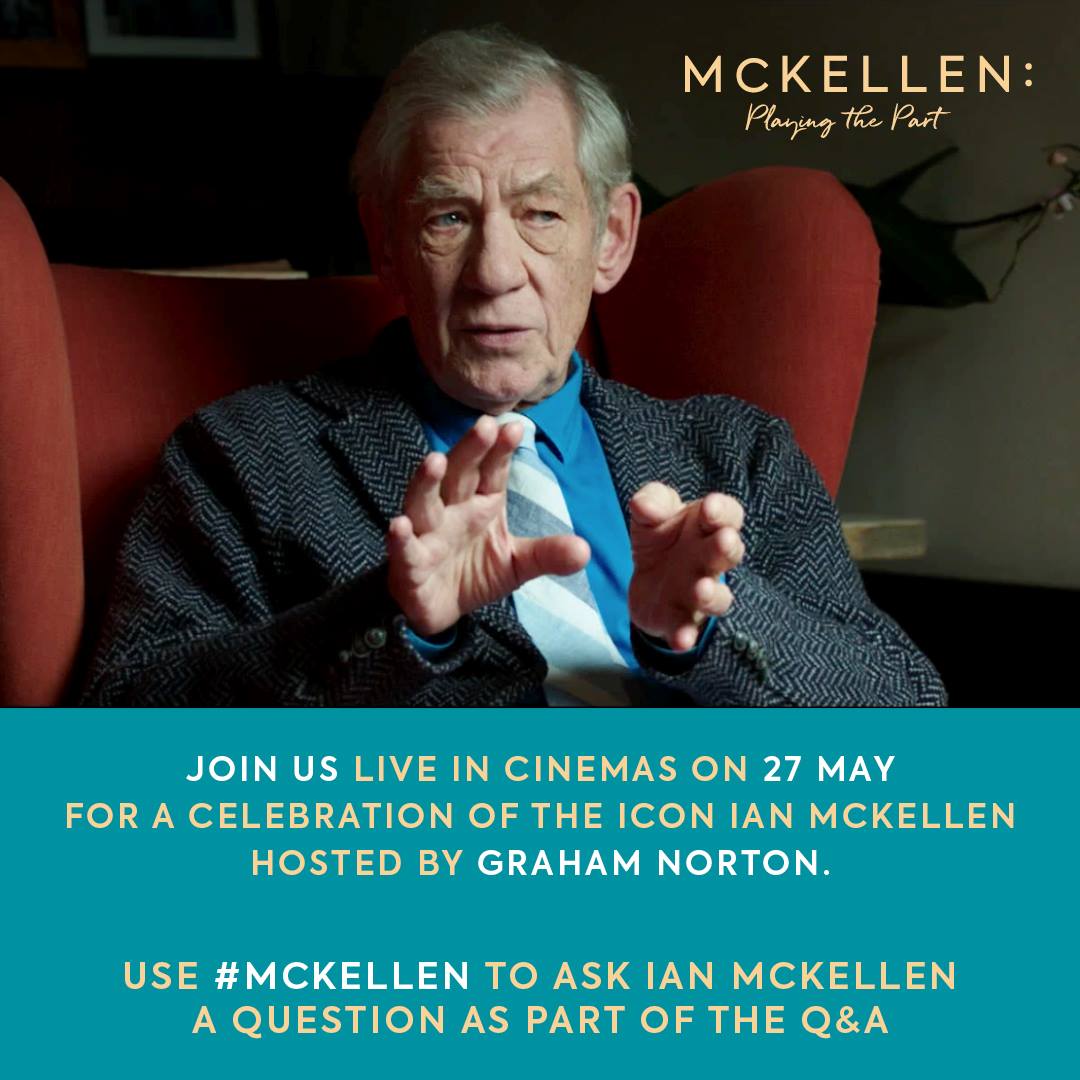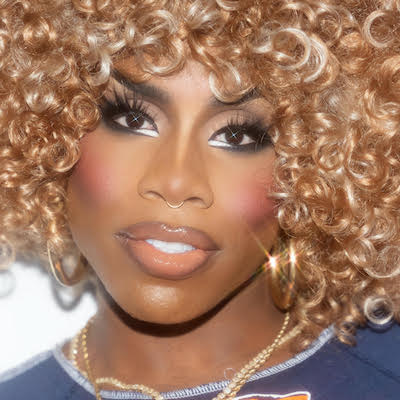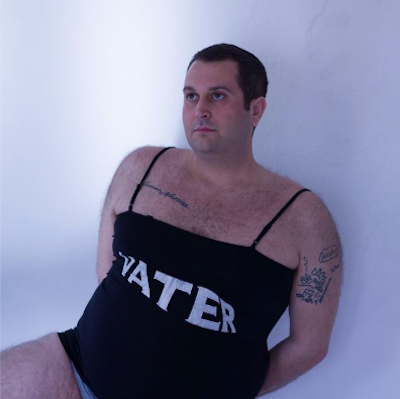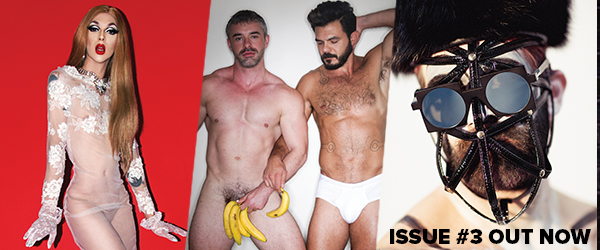
Documentaries are a great thing, always offering a new insight into a performer’s life. In the case of 2018’s other big documentary, Bloodlight & Bami, Grace Jones took us back to Jamaica, to meet the fam-a-lam. Now, in McKellen – Playing The Part, we sit down with Sir Ian McKellen as he regales us with stories from his years of acting onscreen and stage. Not only that but he talks openly about the amount of LGBT activism he has been a part of over the years – something which Loverboy confesses, was news to us. We caught up with director Joe Stephenson to find out more.
How did the documentary come to be?
Ian was going to write an autobiography. He told me about it over dinner one time, leading to a conversation about his childhood which revealed a few things to me that I didn’t know and found fascinating. Then the next time I saw him he had returned the advance and wasn’t going to write the book. This felt like a great shame, and so I proposed that perhaps there was a way of telling his story via film, and suggested maybe he could let me film a conversation between the two of us and see where it would go. And thats what we did.
If there was one thing the documentary could teach viewers about Sir Ian, what would you want it to be?
I suspect there are many things that are new information to a whole generation who know Ian only for his film work, but beyond learning more about his life’s journey I hope people walk away inspired to live their life honestly and care about others in society the way he does.
Grace Jones’ documentary was filmed over ten years. How did you decide to film Ian’s?
Where he is in his life now, and the accumulation of experiences that make him who he is today, was always the backbone of the film. For me its a film about ageing as much as it is about an actor. So there were never any plans to follow him around, or talk to others about him. It is in many ways an autobiography, so sitting down for hours and hours of interview was the only decision to be made. Aside from that, some of the stories about his early life felt so rich and joyous that I felt like it would be a great to take an audience into them even deeper by reconstructing them with actors. To do that, I thought it would be nice to have Ian’s friends playing people in his past, so long after filming the interview, once I had a structure and a close to locked picture, I shot those over a week in London.
Just today the new Freddie Mercury biopic has been criticised for washing out the gayness of the story. What were your thoughts about covering this part of Sir Ian’s life going into the documentary. Was it a concern when thinking of its marketing appeal?
It wasn’t a concern at all, being gay has played a big part in his life’s journey in a way that perhaps being gay doesn’t need to for people today. Coming out of the closet in such a public way, during the period of the AIDS crisis and Thatchers undeniably homophobic government, was a hugely brave thing for Ian to do. The feelings of isolation gay men felt at a time when loving who they wanted to love was a criminal offence cannot be underestimated, nor can it be forgotten. It would be incredibly dishonest and grossly disrespectful to not give the subject the time it deserves. But that part of his story is not exclusively interesting or emotional to gay people like some people in the film industry still believe. I trust my audience can relate to the feelings of exclusion and isolation, and then the feeling of pride and being true to yourself, whether they are gay or not.
Did coming out affect Sir Ian’s career at all? Or did the roles keep coming?
Well from what I’ve seen, and what Ian tells me, it made him a better actor. Acting isn’t about ‘lying’ as you hear some people saying, its about telling the truth. Its about finding peoples truth. So if you are honest about yourself, it is only going to have a positive impact on your skills as an actor. In terms of roles, I’m sure there were a few he didn’t get considered for because of being an out actor. But he came out at a point where he was so established and treasured as an actor for his theatre work that I don’t believe there was ever going to be an dramatic immediate effect on his career, though that was not how it was perceived at the time.
What most surprised you about working with Sir Ian?
Being friends before the film meant that doing this project together didn’t really bring about any major surprises. It doesn’t make a great story, but doing this film only really further cemented that he is everything I thought he was: kind, generous, modest, gentle, supremely talented, thoughtful and honest. Perhaps in other circumstances that in itself would be a surprise.
Frances Barber, Luke Evans, you have some big names playing some silent parts. Was this important to you? Were they happy to be part of a near silent production?
It became important to me yes, because the idea of people from Ian’s life today playing people in his past brought his story full circle for me. It enhanced the idea that he has created a family through his work. It wasn’t their name or celebrity that was important but rather their connection to Ian. I only wish we could have got more people in but we were restricted by the amount of roles there were, and people’s very busy diaries that meant they weren’t in town when we were shooting. Those that were able to take part were more than happy to do it, as they saw it was a lovely thing for Ian – and it was a surprise for him, he didn’t know I had done that until the cast and crew screening of the film.
What’s next for you?
I’m developing a couple of projects, all very varied so we will see which is ready first or if anything comes to me from elsewhere. I can tell you that whatever it is won’t be similar to what I’ve done before. I don’t think if you watched my first film, CHICKEN, you would ever predict my second film would be this. And thats how I want to continue my career, play in different toolboxes as long as I am passionate about the story and feel I can take an audience on an emotional journey.
What is your favourite role of sir Ian’s and why?
That would be WALTER, the first film made by what is now Film4, directed by Stephen Frears. It’s not actually featured in the film beyond a clip in a montage because it sadly didn’t fit within the structure well enough for me, but I urge people to seek it out. It’s Ian at his best, a physical and mental transformation that is still astonishing today.









